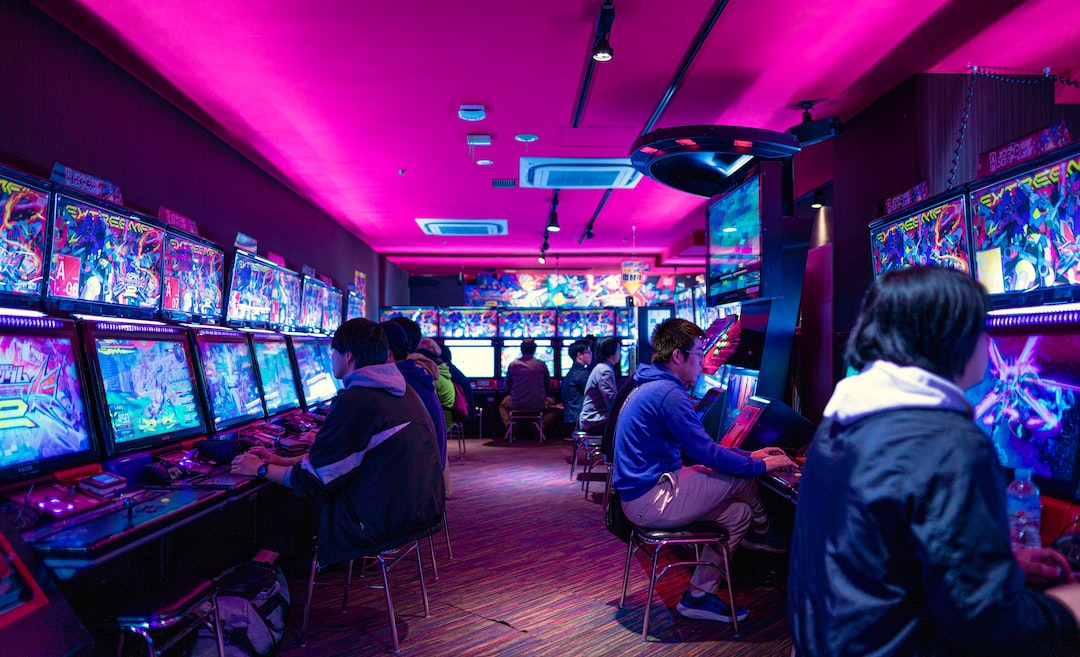The Impact of Gaming on Mental Health
Gaming has become an incredibly popular form of entertainment in recent years, with millions of people around the world immersed in virtual worlds and online communities. However, as the popularity of gaming continues to rise, it is important to consider the potential impact it may have on mental health.
While gaming can be a source of enjoyment and stress relief for many individuals, it is also important to recognize the potential negative effects it can have on mental health. For some, excessive gaming can lead to addictive behaviors and unhealthy preoccupations. Spending an excessive amount of time gaming can lead to neglecting other important aspects of life, such as school, work, relationships, and self-care. This can result in feelings of guilt, anxiety, and isolation.
Another aspect to consider is the impact of gaming on social interactions. While online gaming can provide an opportunity for individuals to connect with others who share similar interests, it can also result in a decreased sense of real-world social interaction. Spending excessive time in virtual worlds can lead to feelings of loneliness and difficulty forming meaningful relationships outside of the gaming realm.
Additionally, the immersive nature of gaming can have a negative impact on mental health. Spending long periods of time in virtual worlds can lead to a blurring of boundaries between reality and the game. This can result in individuals experiencing difficulties distinguishing between the game and real life, leading to a distorted perception of the world around them. This can have a detrimental effect on mental health, leading to feelings of confusion, disorientation, and even paranoia.
Moreover, research has shown that excessive gaming can contribute to an increased risk of developing mental health disorders such as depression and anxiety. While gaming can provide temporary relief from these conditions, it can also serve as a coping mechanism that prevents individuals from seeking healthier, long-term solutions to their mental health struggles. Furthermore, gaming addiction can exacerbate existing mental health conditions, making it more difficult to recover and manage symptoms.
However, it is important to note that not all aspects of gaming have a negative impact on mental health. Some studies have suggested that certain types of games, such as puzzle or strategy games, can actually have a positive effect on cognitive abilities and may even help improve mental health. Additionally, gaming can provide a sense of accomplishment and achievement, boosting self-esteem and overall well-being.
To ensure a healthy relationship with gaming, it is crucial to establish balance and moderation. Setting limits on gaming time, prioritizing other aspects of life, and seeking support from friends, family, or mental health professionals can help prevent the negative impact of excessive gaming on mental health.
In conclusion, gaming can have both positive and negative effects on mental health. While it can provide entertainment, stress relief, and cognitive benefits, excessive gaming can lead to addictive behaviors, social isolation, and exacerbate existing mental health conditions. It is important for individuals to be aware of their gaming habits and take steps to ensure a healthy balance between virtual worlds and real-life responsibilities. Ultimately, finding moderation and seeking support is key to maintaining positive mental health in the world of gaming.

